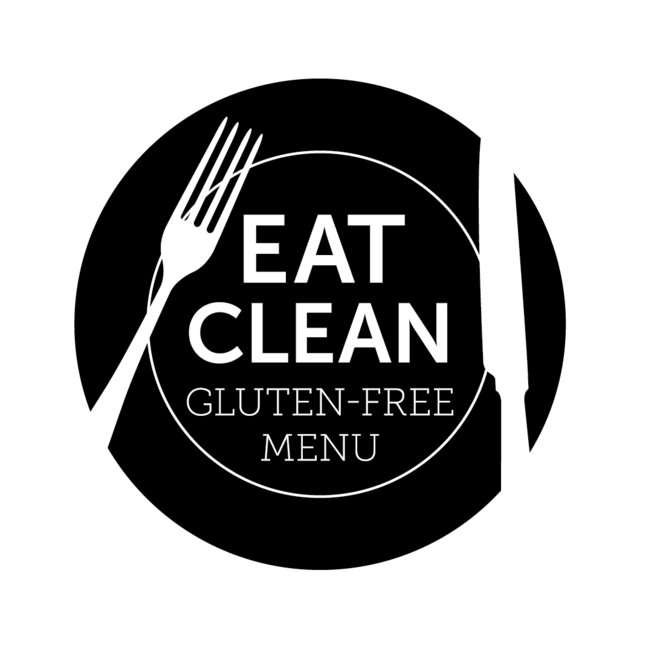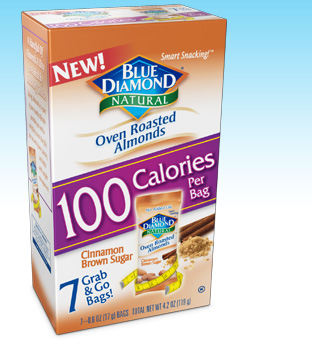Diet Strategies: The Cookie Diet
"Eat cookies and watch the pounds melt away." Ever heard this claim? Chances are you have—because it seems to be everywhere.
For instance, maybe you've read that Nicole "Snooki" Polizzi—star of MTV's Jersey Shore—is using "Dr. Siegal's Cookie Diet" to shed 20 pounds from her 4'9" frame.
Or perhaps you've seen the commercial for the "Smart for Life Cookie Diet." This is the one with the jingle, "Who stole the cookie from the cookie jar?" (Followed by a happy woman singing, "I stole the cookie from the cookie jar...and lost 105 pounds!")
So what, exactly, are these "cookie diets?"
The general idea is that instead of giving up cookies—as you do on many diets—you snack on them throughout the day. The upshot: You take a food that often contributes to weight gain, and use it as a weapon to fight fat. Is it magic?
Of course not.
To show you how it works, we purchased Dr. Siegal's version of the plan—a week's supply of cookies (42) for $59.95.
The directions are simple:
* Eat six cookies a day. (One cookie contains 80 calories.)
* Each time you have a cookie, drink a glass of water. (The water should help you feel more full.)
* Then wait 15 minutes. If you're still hungry, you have another cookie. (You shouldn't need a third, according to the instructions.)
* In addition to your six cookies, eat a dinner of 500 to 700 calories. (Warning: Not one of these 20 Salads Worse Than A Whopper would qualify.)
That's it. In total, you only take in 1,000 to 1,2000 calories a day. So you will lose weight—if you can follow it. However, you'll lose weight on any diet that limits your calories this severely. Just ask the contestants on any season of the CBS reality show Survivor.
The bigger question: Is this a healthy way to lose weight, and is it easy to follow, as the marketing material suggests?
Well, 1,000-calorie diets, in general, aren't a healthy way to lose weight. Research shows that when you follow such an approach, about 75 percent of your weight loss will be fat, while 25 percent of it will be muscle. You may think you don't care about muscle, but losing it increases your risk for diabetes and boosts the likelihood that you'll regain those lost pounds. Losing muscle is bad, period. (Good news: These 13 best new exercises can help you prevent muscle loss when dieting.)
Read on for a Men's Health staffer's first-hand account of the cookie diet...
What's more, just about any calorie-restricted diet can be deficient in vitamins and minerals. But perhaps this diet more so than others. That's because it advocates that you eat about 50 percent of your calories from one source: the cookies--and they weren't designed to be a nutritious meal replacement.
You'll find this disclaimer on the package:
"For best flavor, this product is not fortified with vitamins and minerals. Important: You must take a daily multiple vitamin/mineral supplement approved by your doctor while using this product..."
So these cookies aren't health food. They're made primarily of whole wheat and rice flours, sugar, and what Dr. Siegal calls his "secret blend of proteins." That sounds scientific, but according to the ingredients list, this protein blend is primarily derived from beef, milk, and eggs. (Click here to learn The Truth About Protein.) And while the exact proportion of these proteins might be a secret, the amount of protein in each cookie—four grams—provides the same benefits to your body as eating, say, a half ounce of cheese.
In fact, instead of eating one of these cookies, you could simply substitute a half-slice of Cheddar cheese and a half of a small apple. That'd give you about the same amount of calories, carbs (and fiber), fat, and protein as these cookies—for a fraction of the cost. (Not that I recommend that, either.)
Now it's true: This diet is "easy" to follow, at least in terms of simplicity. You just eat your cookies—can you say pre-packaged portion control?—and only have to worry about keeping your dinner under 700 calories.
But will this approach prevent you from feeling hungry or deprived? With just a maximum of 480 calories in the first 10 hours of the day, it's doubtful. It certainly didn't work that way for Men's Health staffer Maria Masters, who described her experience on the diet as dreadful. Click the video to see Maria talking about what it's like to be on a cookie diet.
(One note: This isn't to disparage or discourage anyone who's had great results on this diet; we're happy to hear it. But as one nutrition scientist told me, "Overall, this is a diet that's unhealthy, unsustainable, and gimmicky." And yes, I realize, it's not meant for the long-term. But there are a number of more nutritious approaches that can help you achieve rapid fat loss.)
Ultimately, here's the real truth about Dr. Siegal's Cookie Diet: The cookies don't even taste like cookies! After trying one myself, I'd say it's sort of like eating a plain rice cake that's been infused with slightly sweetened cocoa powder. Another colleague said, "This cookie tastes like a paper sack."
The bottom line: If you're really expecting a cookie diet, you're sure to be disappointed.
More from MensHealth.com
The 10 Worst Fast Food Meals
30 Healthy Foods That Aren't
The 100 Best Fitness Tips
-
Weight Loss: Abs Diet Dinner Recipes
Growing up, many of us knew exactly what wed have for dinner: a hunk o
-
Weight Loss: Abs Diet Side Dishes
If You Dont Have 6 Minutes . . . The best ready-made options for side
-
Eat MORE to LOSE More!
I got off the phone with a friend the other day who had a few question
-
Personal Trainer Weight Loss Success Story
Dennis Tosh Before weig
-
How Keeping This Secret Can Help You Lose Fat
If you’re serious about losing your spare tire, keep your lips sealed.
-
Smoothie King Almost Duped Me!
I almost lost at my own game. This is serious, but my mistake can REAL
- DON'T MISS
- Gluten: Weight Problems:
- Stop Overeating, Stat!
- The Best Breakfast For Weight Loss
- The Weight-Loss Lie You Tell Yourself
- Abs Diet: Circuit Arm Exercises
- Fat Loss for a Great Cause
- (Fork) Size Matters
- Weight Loss and Snacks
- Exercise Plan to Increase Metabolism
- Dark Chocolate Health Benefits




